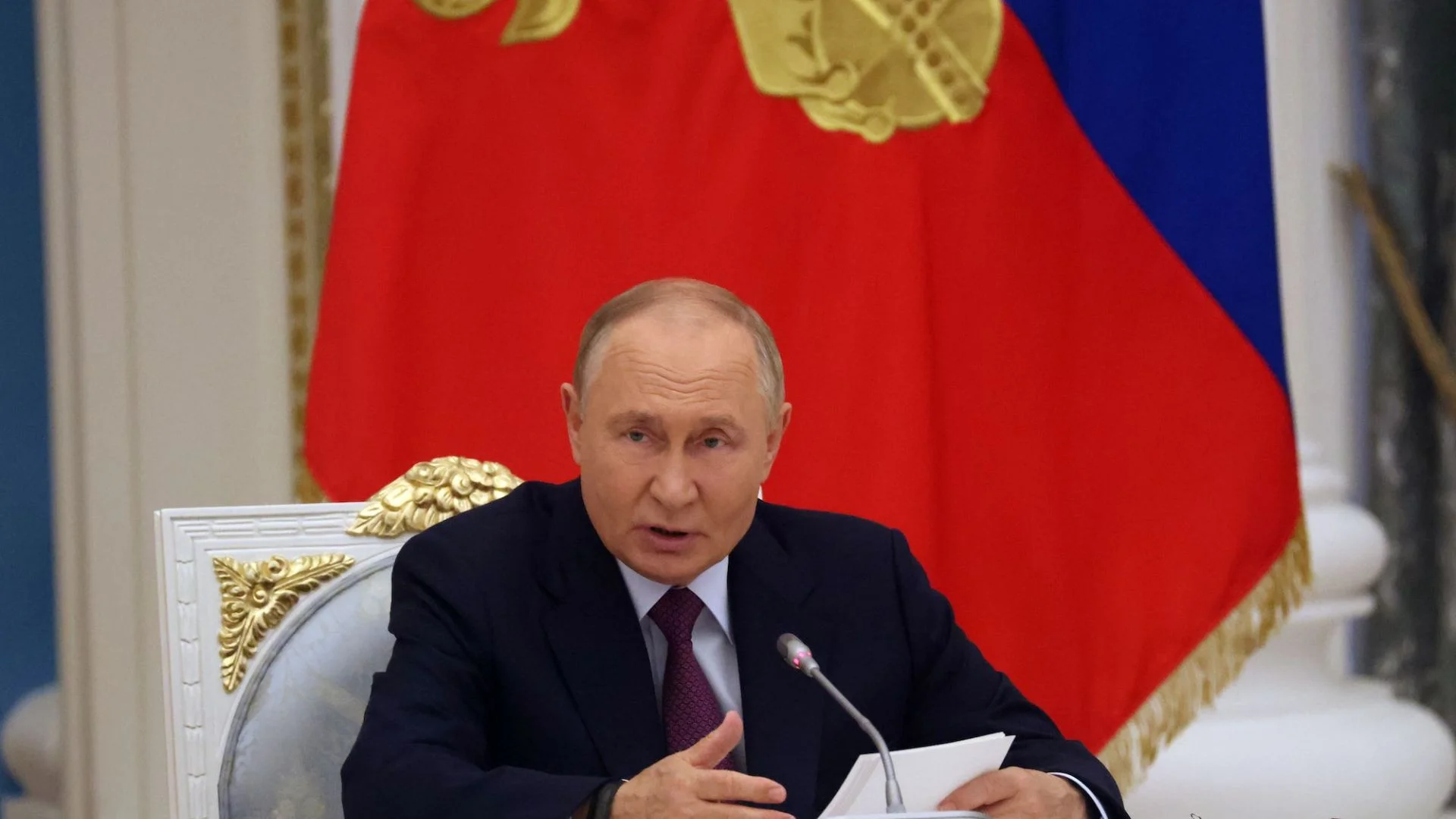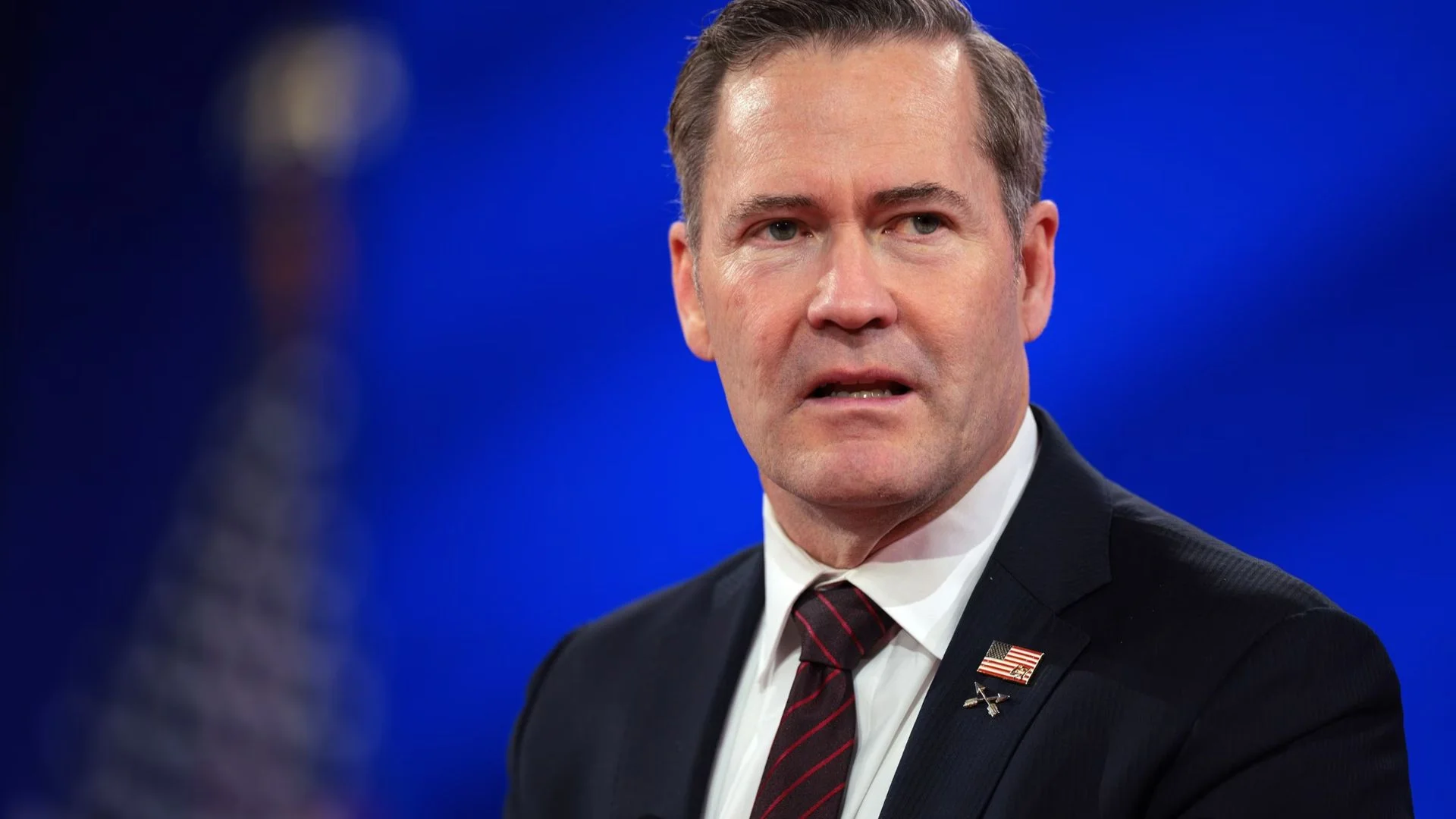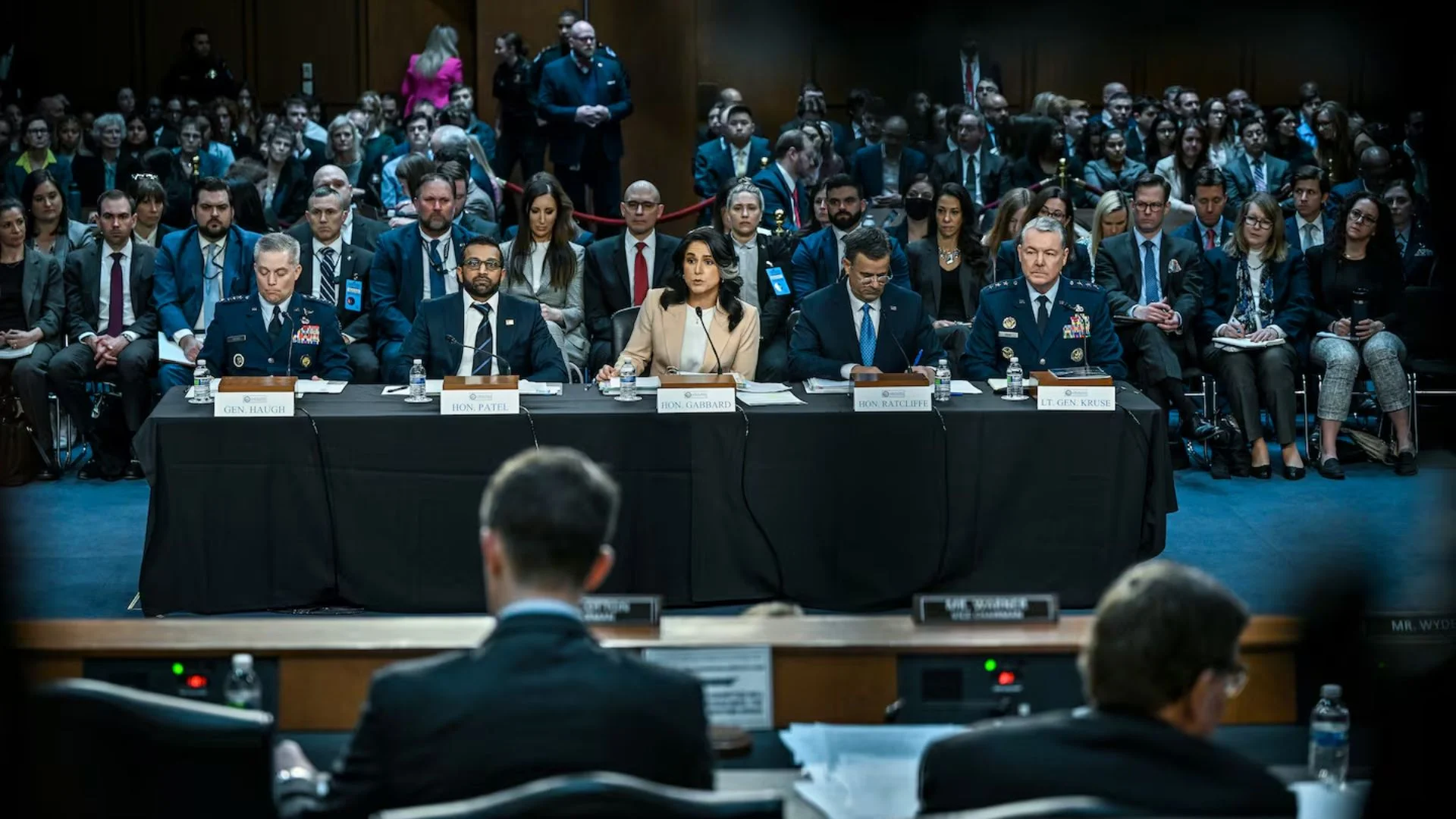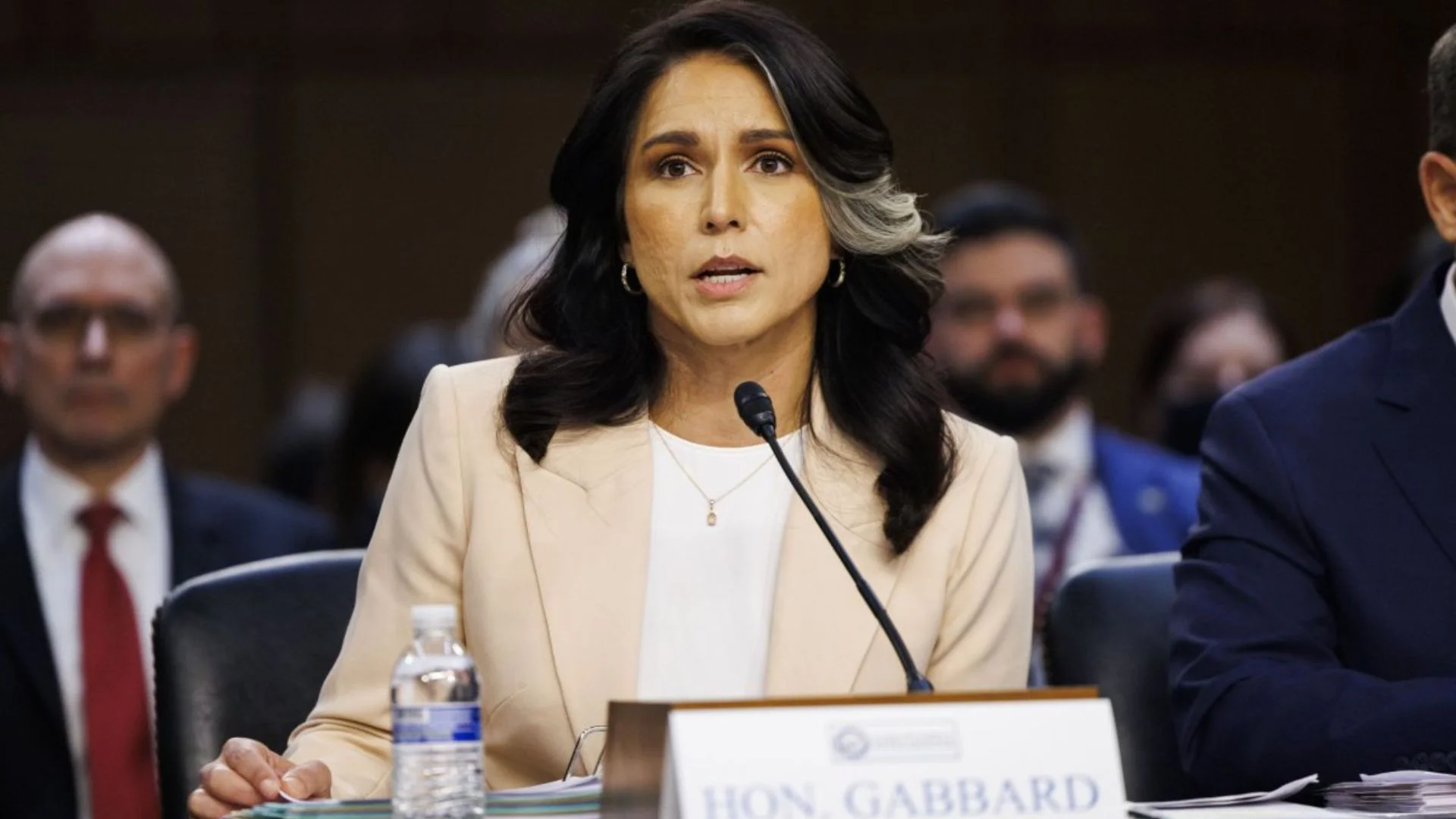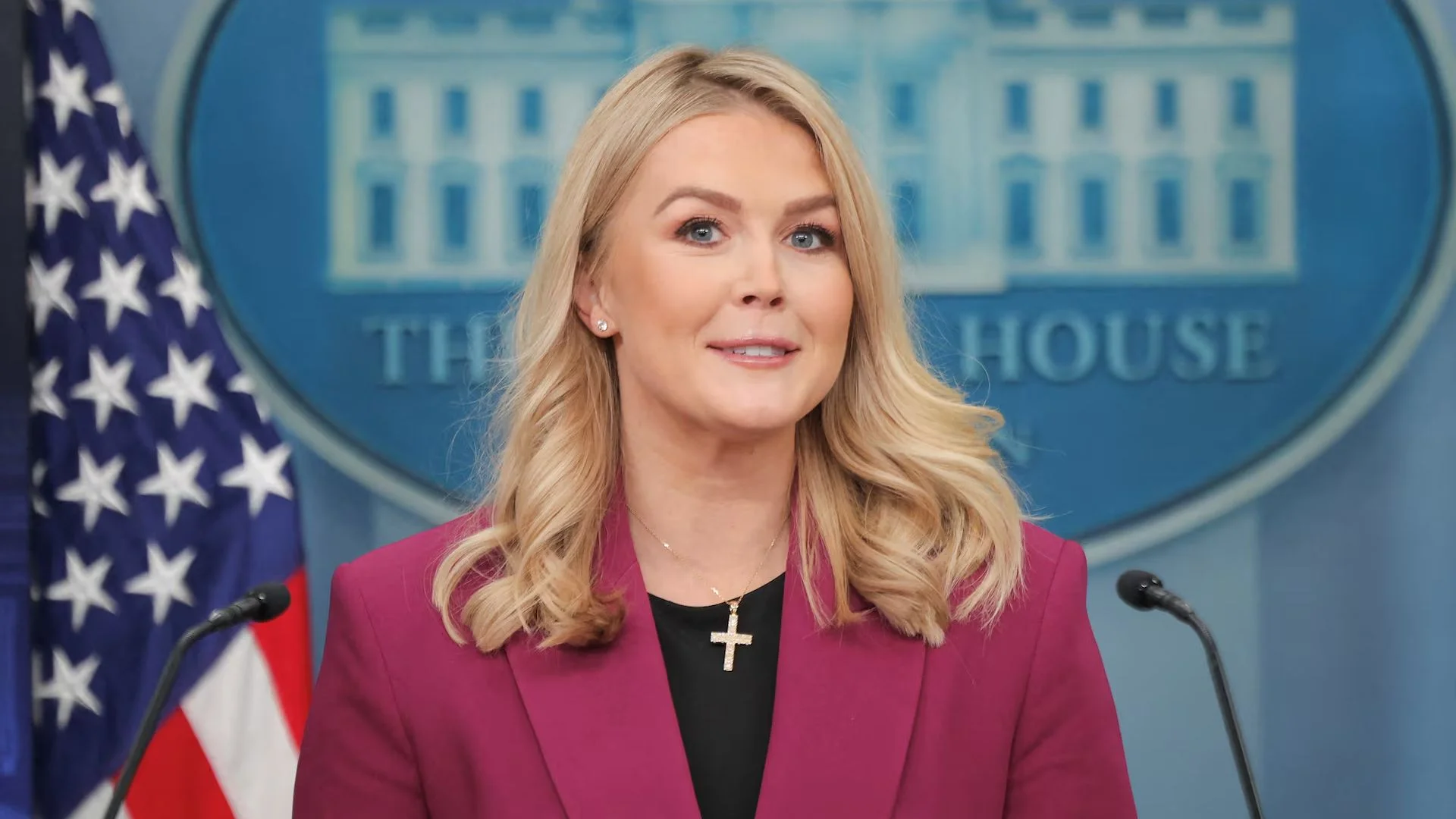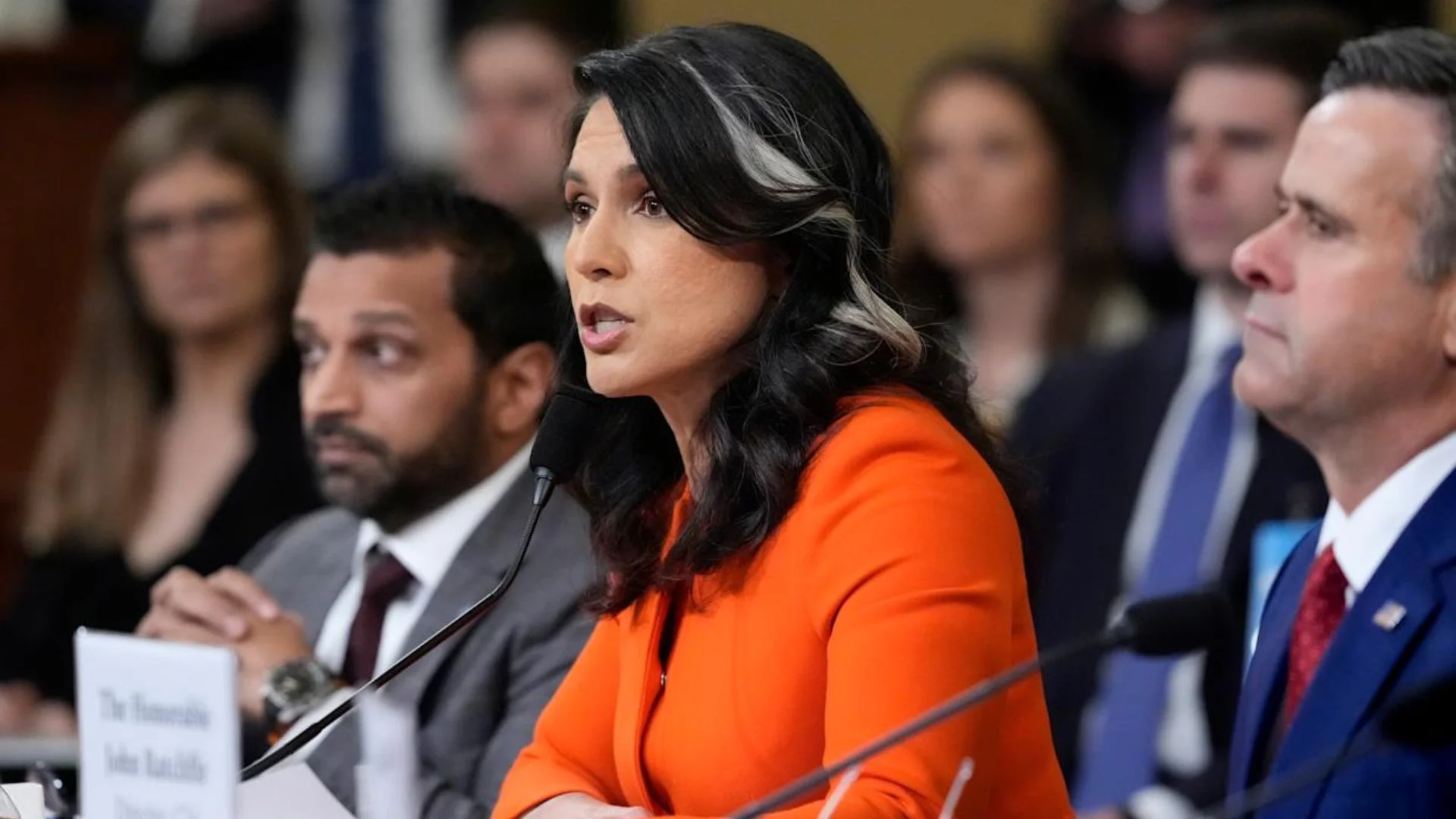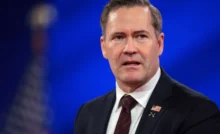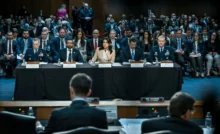Russian President Vladimir Putin issued a stark warning to the United States on Tuesday, updating Russia’s nuclear deterrence policy in response to escalating tensions over the war in Ukraine. The revised doctrine now lowers the threshold for the use of nuclear weapons, signaling a significant shift in Russia’s stance on nuclear retaliation.
The updated policy, formally known as “The Basics of State Policy in the Field of Nuclear Deterrence,” states that Russia could resort to nuclear weapons if it or its ally Belarus faces conventional aggression that poses a critical threat to their sovereignty or territorial integrity. This marks a shift from the previous doctrine, which allowed for a nuclear strike only in the event of a nuclear attack or an existential threat to Russia.
Additionally, the new doctrine considers any conventional assault on Russia by a non-nuclear state, supported by a nuclear power, as a joint attack. The policy also stipulates that any mass aerospace attack, such as those involving aircraft or cruise missiles that cross Russian borders, could provoke a nuclear response.
The Kremlin’s aim is to clearly communicate the potential for nuclear retaliation in the face of aggression, emphasizing that Russia’s nuclear arsenal serves as a deterrent. The new policy comes amid heightened concerns over the ongoing war in Ukraine, which has already sparked one of the most serious confrontations between Russia and the West since the Cuban Missile Crisis of 1962.
In recent weeks, tensions between Russia and the West have escalated, particularly after reports surfaced that the Biden administration had authorized Ukraine to use long-range US-supplied ATACMS missiles to strike deeper into Russian territory. While this has yet to be officially confirmed by Washington, the move is seen as a significant development in the conflict. Kremlin spokesman Dmitry Peskov commented that Russia is closely monitoring the situation and warned that the use of these missiles would mark the direct involvement of NATO countries in the war.
As the 1,000th day of the Ukraine war was marked, Putin’s updated nuclear policy underscores the growing risks of nuclear escalation, with Russia and the US controlling 88% of the world’s nuclear warheads. The Kremlin’s warnings, combined with new measures such as the mass production of mobile bomb shelters, signal the increasing militarization of Russia’s response to what it sees as foreign encroachment on its territory.


